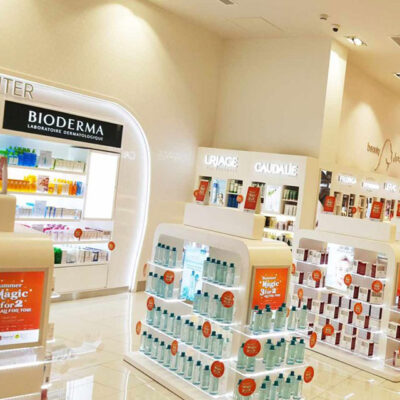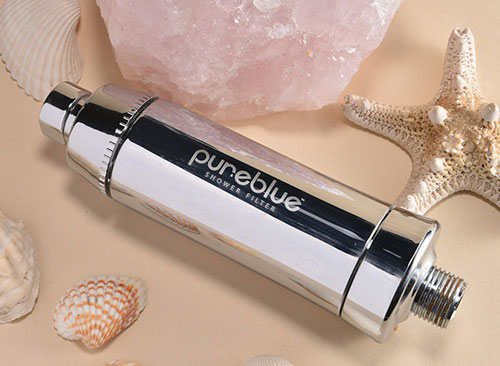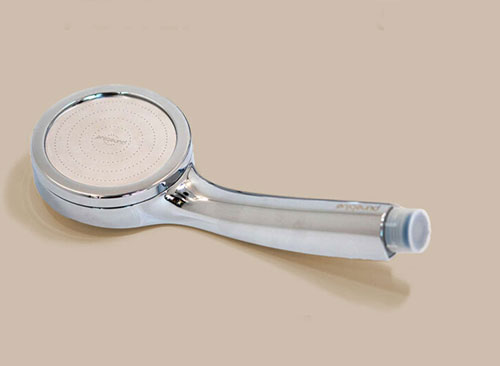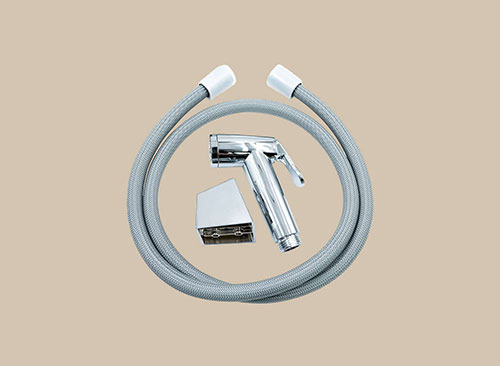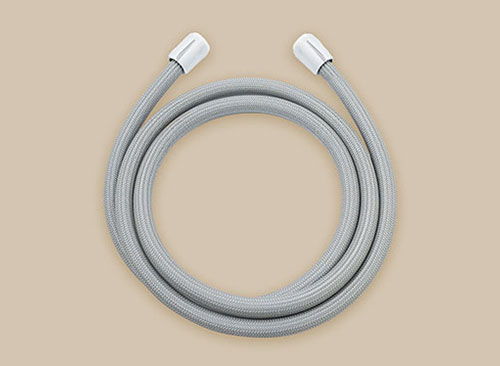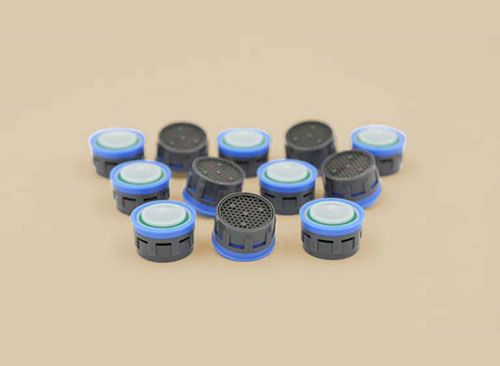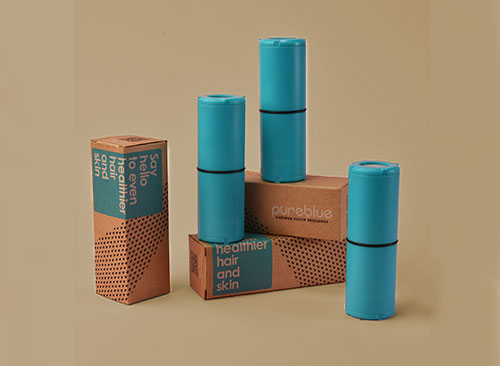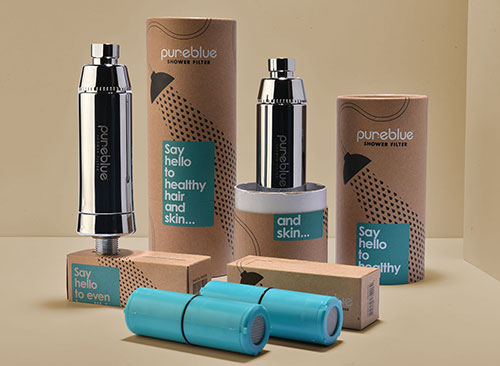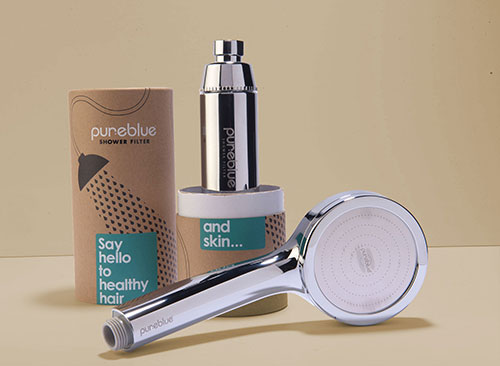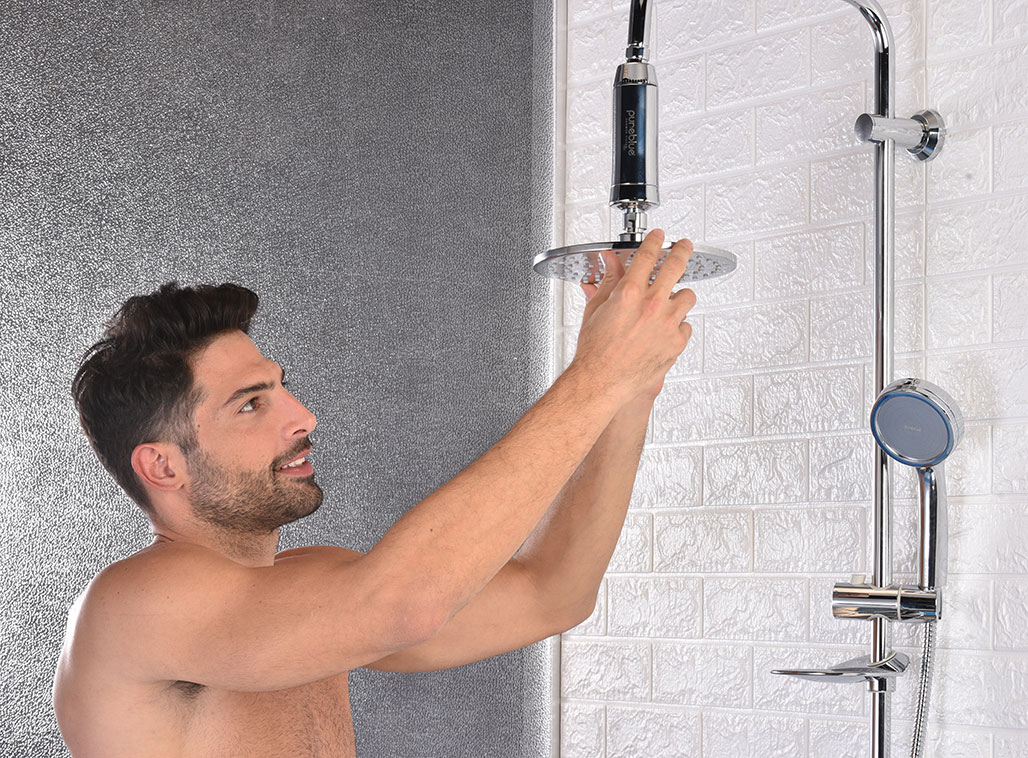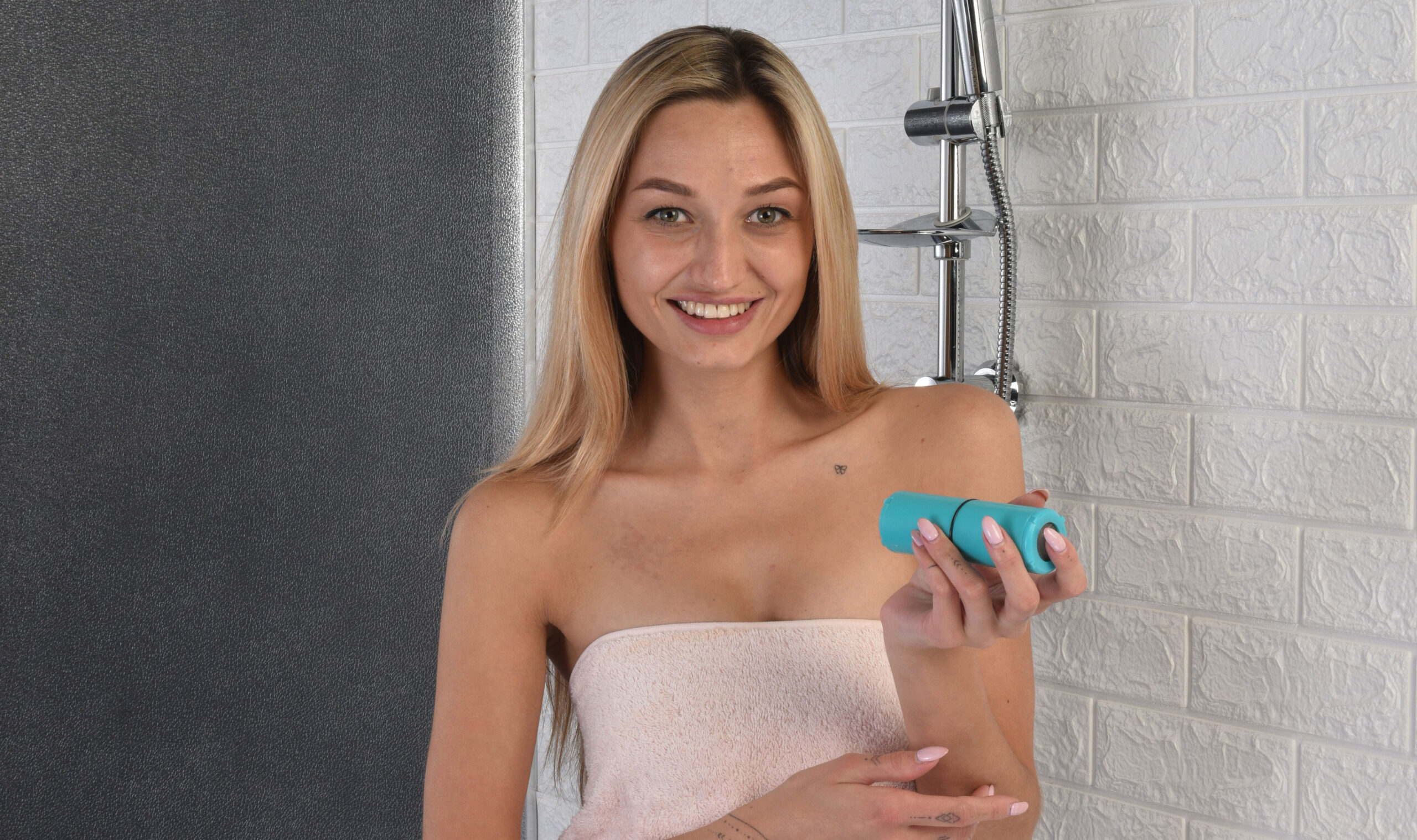Not all shower water filters are created equal. Oftentimes we get roped into extras we don’t need or pay for features we won’t use. I learned that the hard way when I moved to Dubai. And that eventually led to me creating my own.
I needed a simple yet effective shower water filter to fight hair loss. But that’s not what I found. Companies offered everything from massive plumbing projects to little flimsy filters with no guarantees of actually working. I eventually did the research and here are five points to consider when buying a shower filter:
1- Does it fit?
For rentals, consider any major changes to your bathroom. Installing a complicated filter may end up costing you more than you bargained for. But that’s not the full story. A shower filter that’s too bulky may not fit the space between your tap and the wall. Pay attention to attachments, tanks, and the space you have.
2- Is it made for me?
Don’t pay for what you don’t need. For example, consider what lurks in your water and choose a filter that targets those specific impurities. And don’t overdo it – after all, it’s a shower water filter, not for drinking. I’ve had customers ask me about KDF 85 technology instead of our KDF 55. It’s simple: it targets chlorine and heavy metals found in UAE water, while KDF 85 doesn’t.
3- What am I paying for?
Ask the right questions about maintenance and upkeep. How much is delivery? Are there installation charges? Always find out how often you need to change your cartridge and what accessories are included and are unnecessary yet paid for. More importantly, find out what is NOT included with your purchase.
4- Check the science
I learned to understand what is a fad and what’s here to stay in when it comes to filters. For instance, coconut shell carbon may sound like a sustainable substitute, but you end up paying more and may end up with “sludge” as a byproduct.
5- Location, location, location!
This one is a no-brainer. A supplier who’s overseas may not be accountable for damage or may not pick up the phone. Find out where their office is located. The closer to home, the more likely they tailored their product to their locale in the first place.




